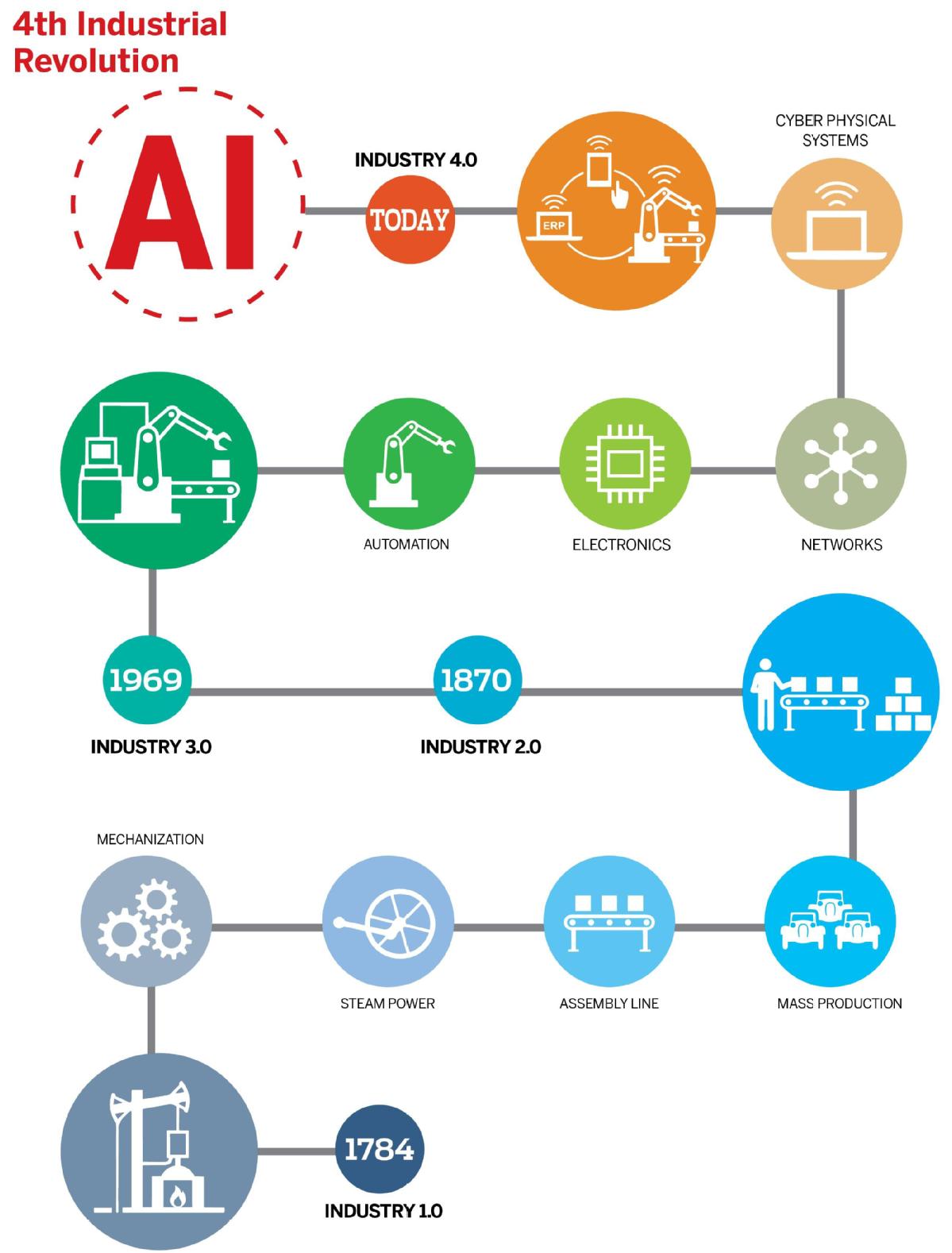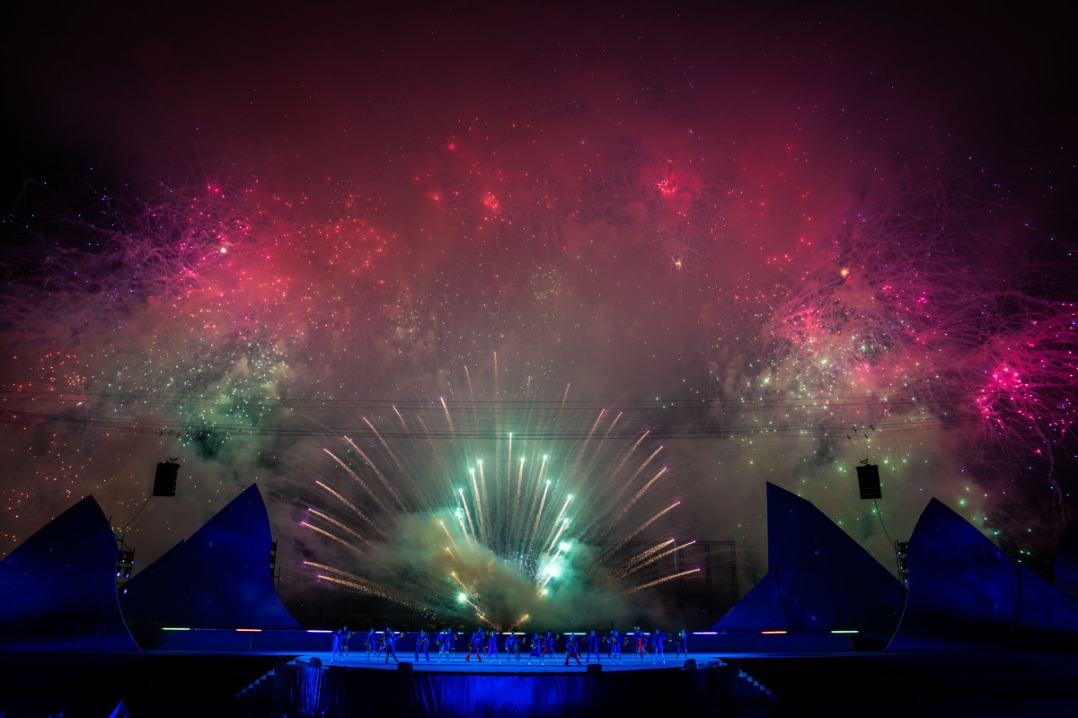Could supersmart machines replace humans?


Apocalypse or utopia?
Back in 1930, economist John Maynard Keynes predicted that labor- and time-saving automation might slash the workweek to 15 hours. The freeing up of humans from mechanical tasks for more quality time was correct. But Frey suggests that humans seem happier to be productively engaged at work, rather than facing unstructured free time.
Less working hours has not automatically created a utopia of leisure. Frey is less certain of the situation where artificial intelligence surpasses human capacity. He uses the human-dog relationship analogy: "Humans run the dogs, and dogs also run humans."
Ip of Asia Martech focuses on the new opportunities. "Occupations requiring creativity, critical thinking, and complex problem-solving skills, are less likely to be fully automated. Instead, AI will augment human capabilities in these fields, leading to improved productivity and efficiency."
- Mainland scholar discloses fallacies in Lai's separatist narrative on 'unity'
- University's expulsion of female student ignites online debate
- 4,000 hiking enthusiasts hit rugged trails in Chongqing
- Creative fireworks show held in China's 'fireworks capital'
- Chinese scientists achieve net-negative greenhouse gas emissions via electrified catalysis
- At the gateway to China's resistance, memories of war echo 88 years on





































